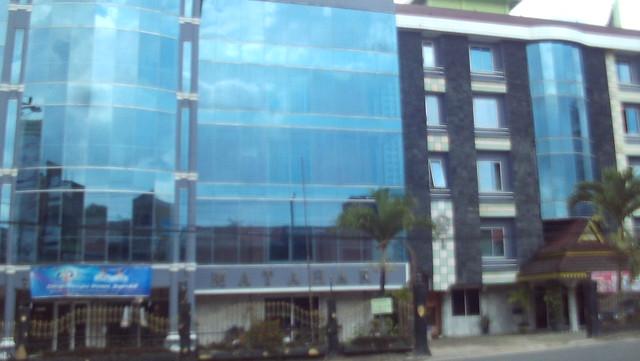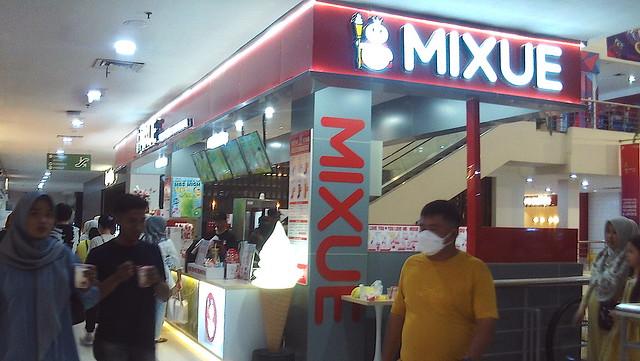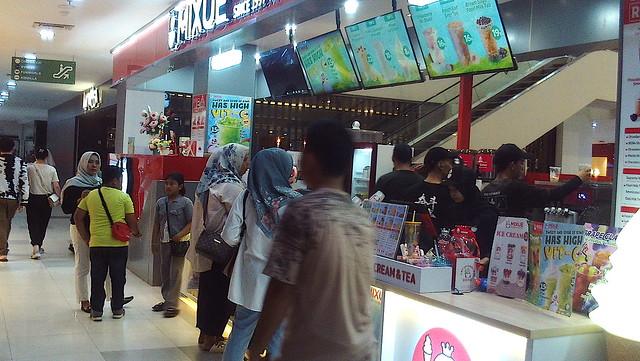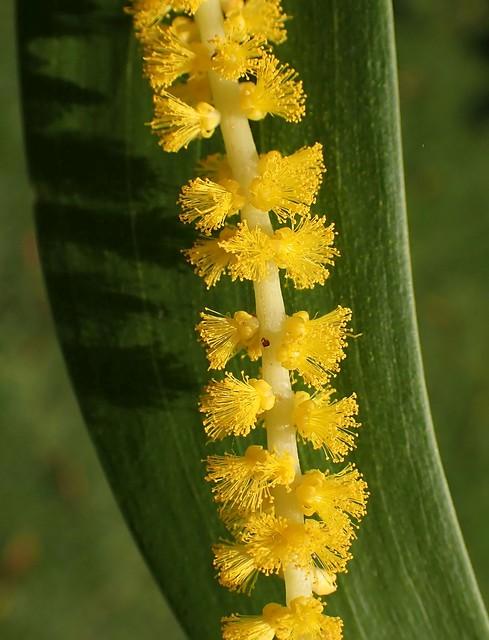



Jambi City
Overview
Jambi City, the capital of Jambi Province in Indonesia, is a city that beautifully intertwines rich cultural heritage and modern urban development. Located on the eastern coast of Sumatra, Jambi is strategically placed along the Batanghari River, which historically served as a vital trade route. The atmosphere in Jambi City is a vibrant mix of traditional and contemporary, where ancient customs coexist with the fast-paced life of a growing urban center.
Cultural Heritage
The culture of Jambi is deeply rooted in its indigenous communities, with a significant influence from the Malay people. Visitors can explore the local customs through traditional ceremonies, music, and dance. One of the most prominent cultural events is the annual Jambi Festival, which showcases local art, food, and performances. The traditional music, known as "Gamelan," and the captivating "Tari Piring" dance are must-see experiences that reflect the region’s rich artistic expressions. Local crafts, such as intricate woven textiles and pottery, highlight the skills passed down through generations.
Historical Significance
Jambi City is steeped in history, with its origins tracing back to the ancient Malay Kingdom of Jambi, which flourished from the 7th to the 13th century. The remnants of this rich past can be explored at archaeological sites like the Muaro Jambi Temple Complex, a UNESCO World Heritage Site. These ancient Hindu-Buddhist temples, adorned with intricate carvings, offer a glimpse into the spiritual life of the region centuries ago. The historical significance of Jambi is not only limited to its temples; the city also played a crucial role during the colonial era and was a center for trade and commerce.
Natural Attractions
Surrounded by lush tropical rainforests, Jambi City is a gateway to breathtaking natural beauty. The nearby Bukit Duabelas National Park is home to diverse flora and fauna, including endangered species such as the Sumatran orangutan. Eco-tourism is a growing attraction in the area, where travelers can immerse themselves in nature through guided treks and wildlife spotting. The Batanghari River also offers opportunities for river cruises, allowing visitors to appreciate the serene landscape and observe local life along the riverbanks.
Local Characteristics
The local cuisine of Jambi is a delightful blend of flavors influenced by Malay, Chinese, and Indian culinary traditions. Travelers should not miss trying "Gulai Ikan," a spicy fish curry, and "Sate Jambi," skewered meat served with a rich peanut sauce. The bustling markets, such as the Pasar Jambi, are perfect for sampling local delicacies and buying traditional handicrafts. The warm hospitality of the Jambi people makes it easy for foreign travelers to feel at home, as they are known for their friendliness and willingness to share their culture.
In summary, Jambi City offers a unique glimpse into the heart of Indonesia, where history, culture, and nature converge. It is a destination that invites exploration and appreciation, making it an enriching stop for any traveler looking to experience the authentic essence of Indonesian life.
Other towns or cities you may like in Indonesia
Explore other cities that share similar charm and attractions.




